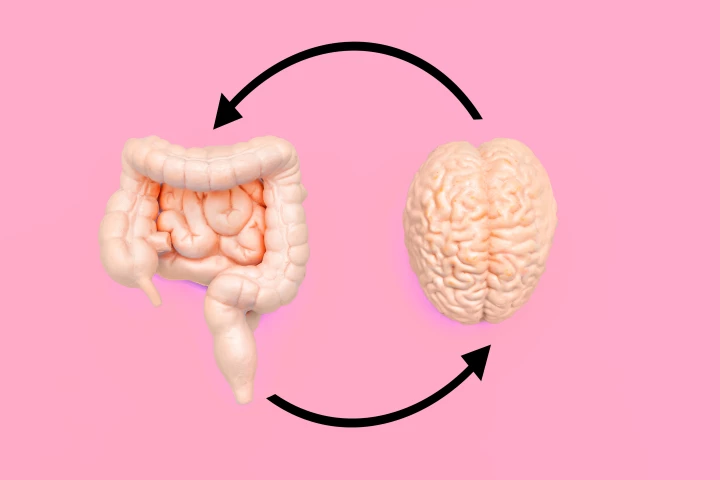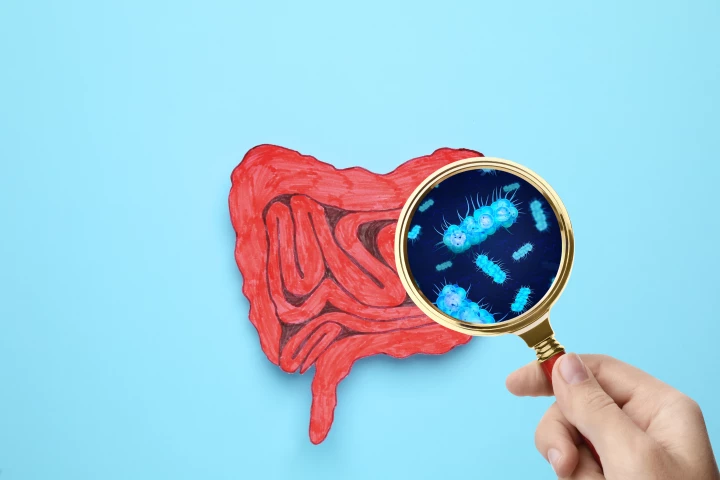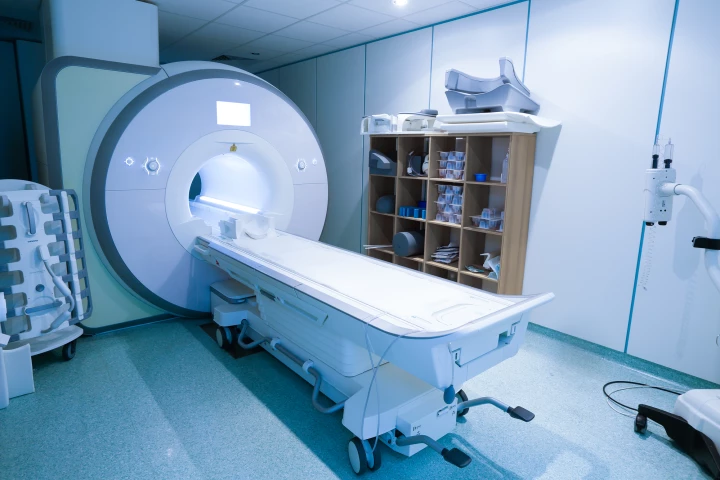Georgia State University
-
A new study has found that diet-driven weight gain triggers impaired cognitive functioning an symptoms of anxiety, adding to the growing body of evidence that there's an intrinsic biological link between our gut health and our mental health.
-
A great deal of attention is often given to the negative effects of video games. But for several years researchers have discovered games also have the capacity to generate a number of cognitive benefits, including improvements to decision-making skills.
-
The biology behind social behavior may be more complex than we thought. Researchers have used CRISPR to block a certain neurochemical signaling pathway in hamsters, and found that the animals’ social behaviors changed in unexpected ways.
-
Researchers have produced a novel nanoparticle-enhanced intranasal influenza vaccine. The results of a preclinical study demonstrate the unique nasal spray inducing robust local and systemic immune responses for over six months in animal models.
-
A first-of-its-kind study investigating the effects of a food additive on human gut bacteria has found the emulsifier carboxymethylcellulose can alter the quality and composition of the microbiome and potentially increase risk of chronic inflammation.
-
Researchers are reporting the development of a new imaging method to detect metastatic cancer in the liver. The MRI method could be applied to a number of other cancers, offering an entirely novel way to detect metastatic disease at its early stages.
-
The flu virus mutates quickly and unpredictably, making it hard to develop effective vaccines. Now, researchers have created a drug that protects mice against six different strains of the flu, potentially paving the way for a universal flu vaccine.
-
Diets like intermittent fasting are proving wildly popular for their rapid weight-loss effects, but scientists are also starting to uncover how they might benefit the body in other ways. A molecule produced during fasting has now been found to apply the brakes to aging of the vascular system.
-
It’s hard to fight a virus that’s always mutating, but new research out of Georgia State University is closing in on a universal vaccine. The study uses nanoparticles containing proteins that are common to all influenza A viruses.
-
Researchers have taken fresh ginger and converted it into a nanoparticle that exhibits real potential to treat inflammatory bowel disease, and might even help fight cancer, too.









